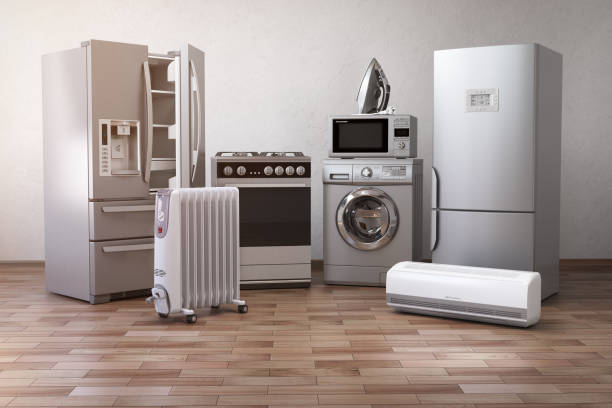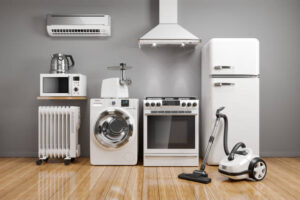
Choosing your first metal detector is the most difficult and responsible task in this hobby. Today I will give some practical advice that (I hope) will help you in choosing your detector. First of all, choose first detector from low-cost or entry-level models. It’s a mistale, if you think that after buying an expensive and sophisticated detector, you immediately begin to find cool finds. As a rule, such detectors have a lot of settings and functions in which an inexperienced user is sure to get confused. I agree, it’s much nicer to turn it on and go search than to poke around in the settings. Nevertheless, branded entry-level metal detectors have all the basic functions necessary for a comfortable search, discrimination, Pinpointer. Metal Detectors Types Metal detectors are globally divided into: soil detetcors, underwater and deep metal detectors. These divisions partially overlap – the ground metal detectors have waterproof coils, which allows them to be used in the coastal area for search. With an underwater detector you can resemble on the surface (for example, along the beach). Depth metal detectors can also be universal – for example, the Garrett GTI 2500 metal detector, with a conventional coil, this is the top model of the Garrett detectors line (USA), with the Treasure Hound nozzle this metal detector turns into a deep metal detector. What You Must Know Depth of metal detection is one of the defining characteristics, it largely depends on the frequency of the detector. A low frequency of operation (5-7 kHz) is best suited for identifying large objects at great depths, but he will not see small objects closer to the surface of the earth. A high frequency (18-100 kHz) is used to search for coins, gold nuggets and other small items. A deep metal detector typically uses a concentric (mono) type of coil. Another type, Double-D, works at a shallower depth, but with a noticeably larger area, such a coil is effective when working with highly mineralized soil. An effective metal detector necessarily has a discrimination function. With it, the device will cut off waste metals (tins, beer caps) from valuable ones, notifying the user only about the latter. The Pinpoint mode of operation helps determine the exact position of an object in the ground, making it easy to dig. Another important setting is ground balance. It allows you to adjust the sensitivity of the detector to find valuable objects in the soil with high salinity. Depending on the model of the metal detector, there are manual and automatic settings, as well as predefined parameters. The Best Metal Detector for Beginners You should pay attention to such entry-level detectors as Fisher F22, Garrett ACE 200 or Ace 300, Bounty Hunter Land Ranger, Minelab Go-Find 60. They have proven themselves as very good metal detectors for searching for coins and jewelry. You can easily read about their characteristics on the Internet, or contact the store’s consultants for help. A couple more tips for the beginners: Strongly do not recommend buying home-made metal detectors, You know the saying (Greedy pays twice), so this is just the case. No matter how much the seller praises his home-made detector, he will never reach the level of even the simplest corporate metal detector, perhaps they can be useful for searching for scrap metal, but certainly not for treasure hunting. With the growing popularity of treasure hunting , fakes detectors of the famous brands assembled by Chinese craftsmen began to appear on the market. Such fakes are very much inferior to the originals in assembly quality, and even performance, I think, it’s not worth writing what quality of Chinese detectors. To avoid such an unwanted purchase, buy metal detectors in stores with a good reputation and good products.


